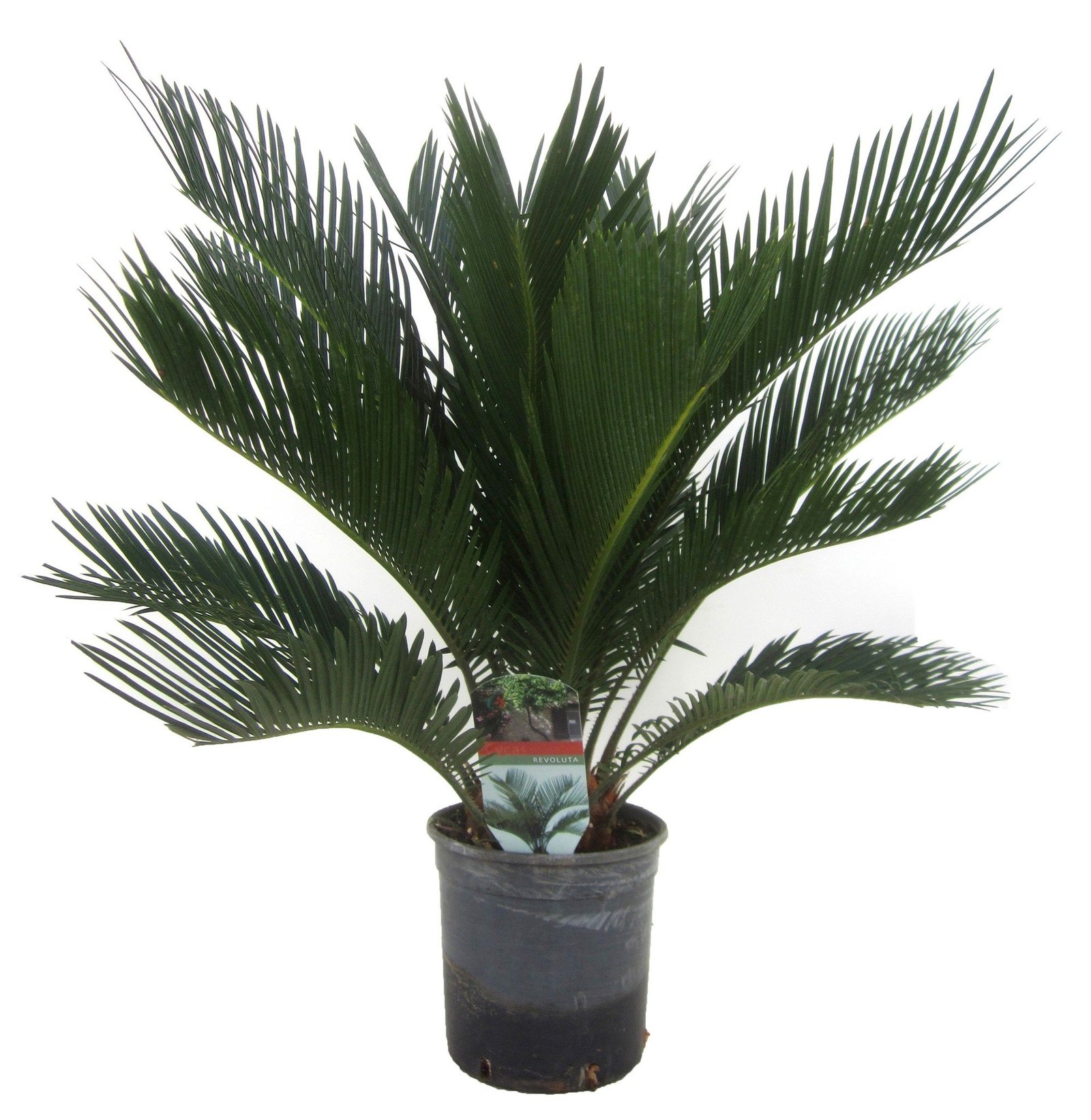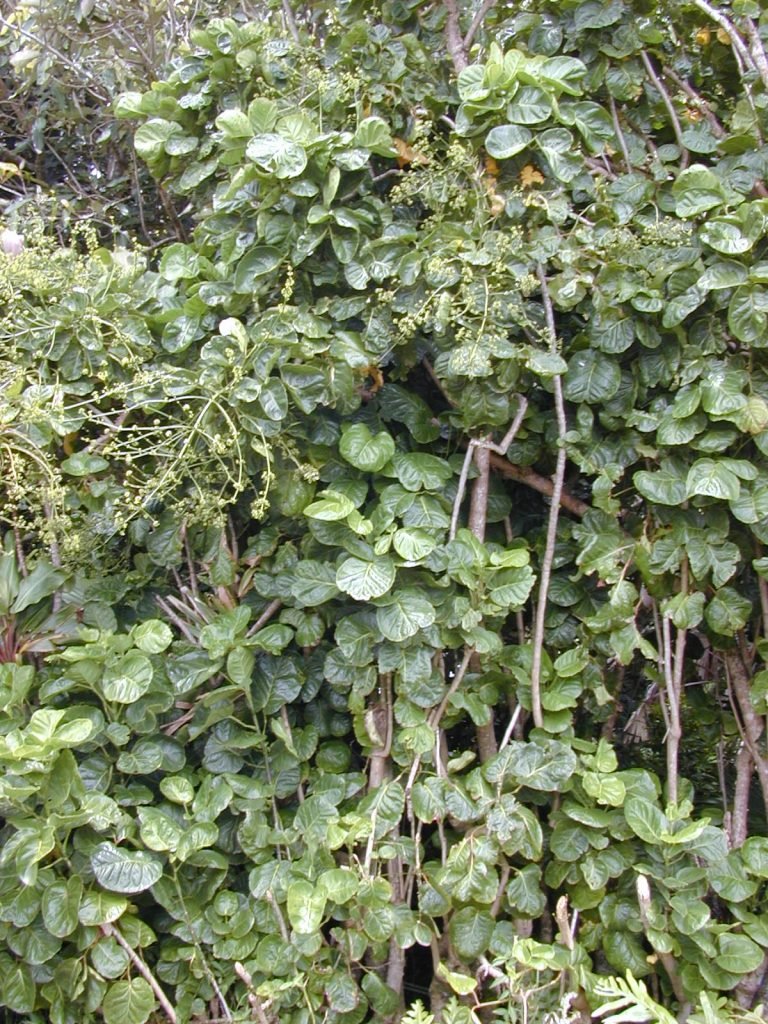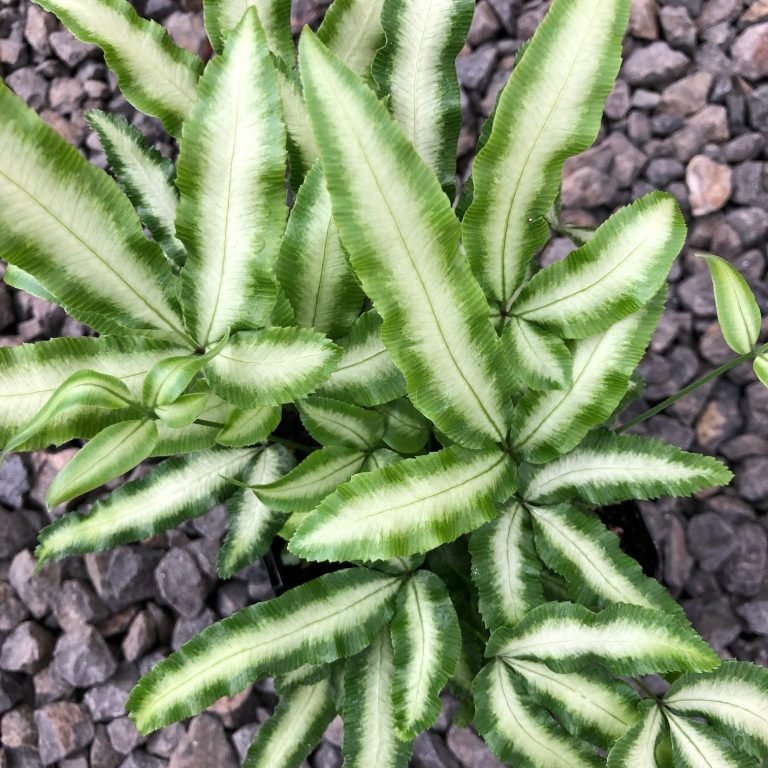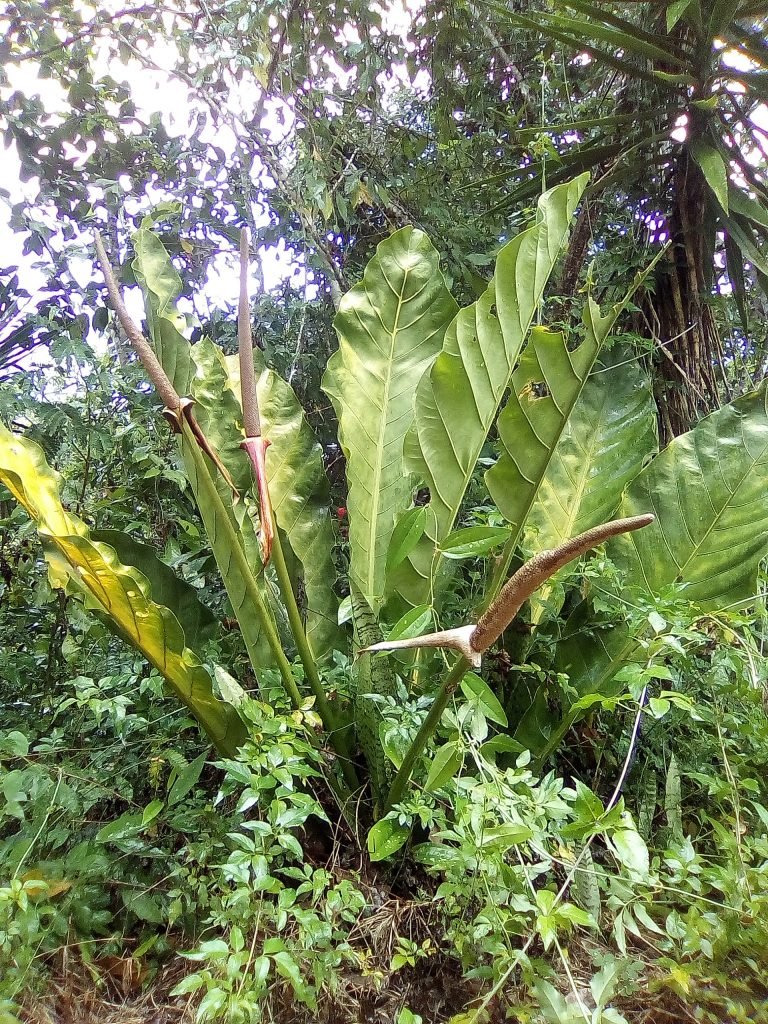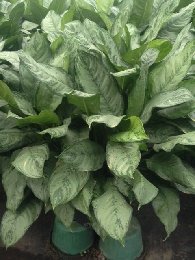Sago palm (Cycas revoluta) – All You Need To Know
About Sago palm (Cycas revoluta)
Cycas revoluta, also known as the “Sago Palm,” is a tropical plant native to Japan that is known for its palm-like fronds and distinctive, spiky trunk. It is often grown as an ornamental plant in outdoor gardens or as a houseplant, and it requires bright indirect light and well-draining soil to thrive.
General Information
Family: Cycadaceae
Category: Palm
Origin: Japan
Native Climate: Subtropical
Hardiness Zone: 11-9
Best as: Potted plant & Primary plant.
Where to grow Sago palm?
Sago palm is a common household plant that can be grown in various environments. They are Subtropical plants that thrive in the hardiness zone of 11-9 with a minimum temperature of 8 and maximum temperature of 30.
Below is a typical map of the US hardiness zone where you can check your location and see if Sago palm can survive in your locale.

Sago palm is native to the Subtropical climate of Japan so it will survive best in a similar climate. However, being from a resilient Cycadaceae family, it can also be found in most unusual places.
Sunlight Requirements of Sago palm
The idea lighting conditions for Sago palm is Full sun greater than 21,500 lux or 2000 foot-candle. However, it can also survive and grow in Strong light ( 21,500 to 3,200 lux/2000 to 300 fc).
Watering Requirements for Sago palm
They need to have their soil kept consistently moist, but not waterlogged. This means that the soil should be allowed to dry out slightly between watering, but not completely.
To water these plants, check the moisture level of the soil regularly using your finger or a moisture meter. If the soil feels dry at a depth of about an inch, it’s time to water the plant. Water the plant thoroughly, ensuring that the entire root zone is moistened, but be careful not to overwater. Allow the excess water to drain away, and do not allow the plant to sit in standing water.
It’s also important to consider the humidity levels in the environment where the plant is located, as well as the type of soil the plant is growing in. Some plants, such as ferns, prefer a more humid environment and may need to be watered more frequently to keep the soil moist. Other plants, such as African violets, prefer a drier environment and may need to be watered less frequently.
But these are more forgiving when it comes to watering. They can tolerate some drying out of the soil between watering, but it’s still important to check the soil moisture regularly and water the plant when it begins to feel dry. As with any plant, it’s important to avoid overwatering and to allow excess water to drain away.
Is Sago palm prone to insects?
Sago palm is prone to attacks from Scale & Mealy bug. To protect your plants from insect attacks, it is important to follow a few general prevention guidelines. First, make sure to keep your plants healthy by providing them with proper sunlight, water, and nutrients. This can help make them more resistant to insect attacks. Second, inspect your plants regularly for signs of insects or other problems. Early detection can make it easier to manage an infestation. Third, consider using physical barriers, such as netting or row covers, to prevent insects from reaching the plants. If a plant becomes heavily infested, it may be necessary to remove it to prevent the infestation from spreading to other plants. Fourth, consider using natural predators, such as ladybugs and lacewings, to help control insect populations. If necessary, you can also use organic pesticides to control insect populations. Finally, practice good hygiene by keeping your garden clean and free of debris, as this can help prevent insect infestations. Remember that different insects have different habits and preferences, so it is a good idea to research the specific prevention techniques for the specific types of insects that you are trying to control.
Common diseases: N/A
Common posture & style
Sago palm has a Erect posture with an upright, vertical posture, with their leaves and stems growing straight up from the base of the plant.
It has beautiful Dark green leaves. Its main appeal is its Bearing. It can grow up to the height of 1.83 meters with a truck width of 1.52 meters. It has a Very slow growth speed under good conditions, watering, and sunlight.
Blooming Season: non flowering
Bloom Color: non flowering
Pruning: Never
Why should you keep Sago palm in your home?
Keeping a Sago palm plant in your home can bring many benefits. For one, plants can improve the air quality in your home by removing toxins and releasing oxygen.
In addition, having plants in your home can help increase humidity, which can be particularly beneficial during dry winters.
Additionally, caring for your Sago palm plant can be a relaxing and therapeutic activity, and Sago palm in your home can add a touch of nature and beauty to your living space.
Overall, there are many reasons why everyone should consider keeping a Sago palm plant in their home if the climate is enabling for its growth.

